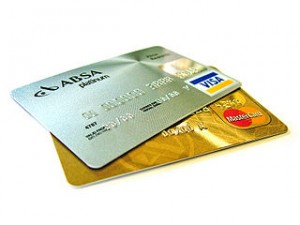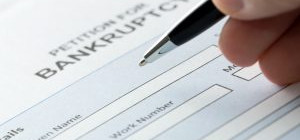Credit cards can affect your personal finances, especially if you allow your bills to accumulate and become a huge debt. This can easily happen if you have a tendency to use your credit card, but do not keep up with your bills. Below are a few things you can do to keep your finances safe:
- Avoid balances rolling over to the next month
If you don't want overwhelming credit card bills, only charge an amount that you can afford to pay without any struggle. If possible, only limit your purchases to an amount that you can pay off in lump sum.
Credit cards are supposed to make it convenient for you to pay for your purchases when you don't have any other means. They should be your fall back plan and not a regular source for filling up deficiencies in your income.
- Be careful when spending on big purchases
You should limit the payment period for your big purchases to only a few months. If the interest rate on your credit card is high, you might find yourself repaying huge amounts in interest for an item you bought many months back.
- You can get card insurance
Credit card insurance protects you in instances such as fraud, loss of commodities that you have bought with your card and price fluctuations. Credit card insurance will also help you to keep up with your monthly payments if you are unable to pay for reasons such as job loss.
- Manage your spending habits
Creating bad spending habits is extremely easy and is often what causes too much credit card debt. The only way to avoid the temptation of spending too much is to keep your card limit as low as possible.
If you allow your card balance to get to its limit, you will have a lot of trouble clearing the debt. This is especially because you will be caught up in a compound interest trap.
- A personal repayment plan can help you get your balance to a reasonable level
Once you have spent to your card limit, but want to be debt free, you can do this easily with a repayment plan. You can start by doing the following:
- Limit your daily and monthly spending to the most important needs so that you have more cash reserves to repay your debts.
- Ask your card issuer to block interest or reduce it.
- If you have more than one credit card, pay the ones that have the highest balances or have high interest rates.
- Avoid using your credit cards during your repayment plan.
- Ask the credit card company to assist if your balances get too high
If you have tried to make a repayment plan of your own but feel that you are not making as much progress as you would like, you can work directly with your credit card company to find other methods of keeping your balance from increasing.
Content published courtesy of http://www.gemvisa.co.nz/









